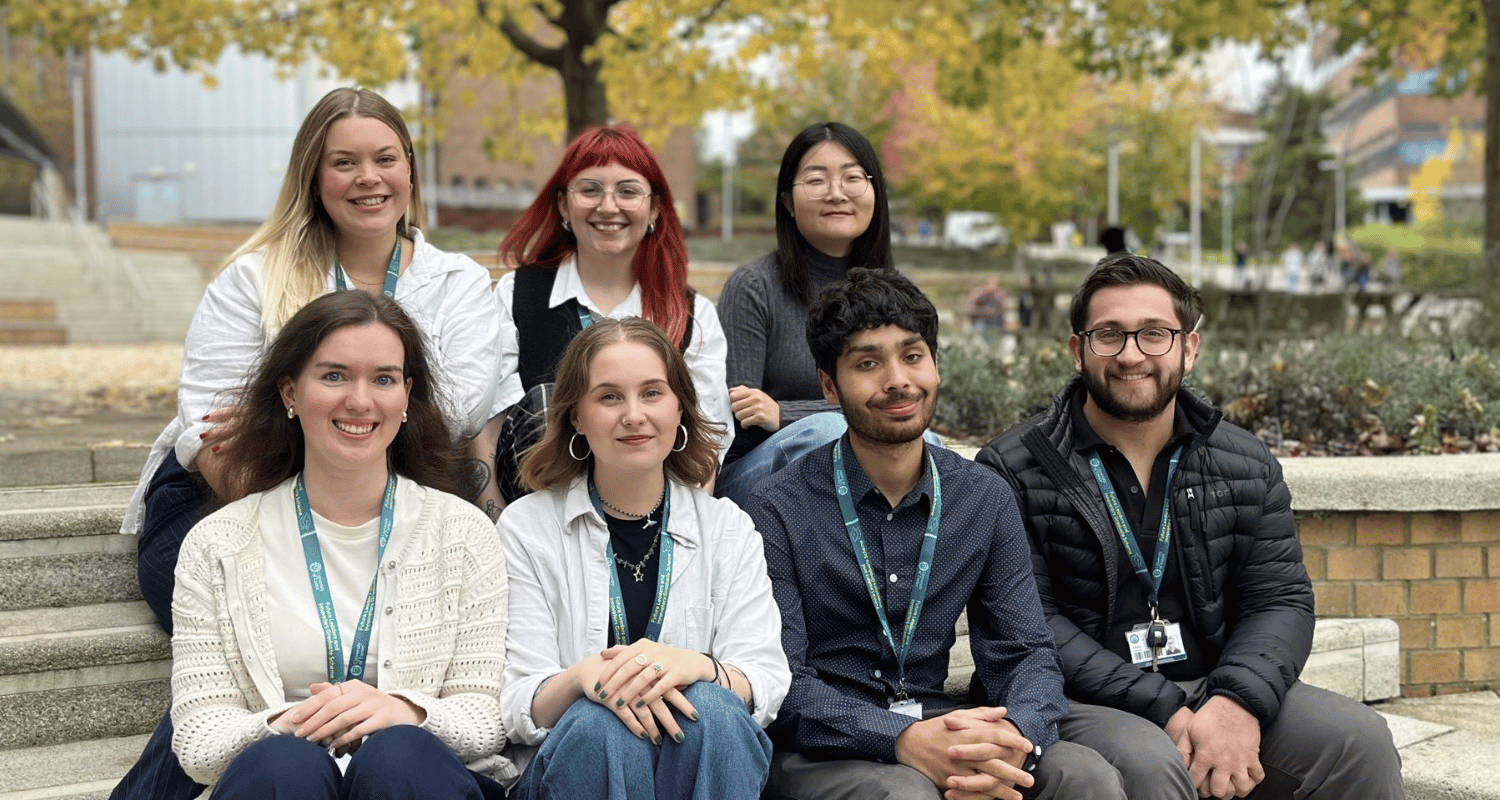The University of Exeter’s IT & Digital Future Leaders and Innovators Grad Scheme invites graduates to rotate between the IT and Digital teams throughout their role, spending time across both teams building their skills and expertise in a range of areas.
This blog post, written by Harry Coleman-Goriah, our Future Leaders and Innovators Graduate, reflects on his first placement with the Digital team, covering what he’s been involved in and what he’s learnt.
My first placement in the Digital team
I graduated from the University of Exeter after studying Computer Science and Philosophy, and I’m now on the Digital & IT strand of Exeter’s Future Leaders and Innovators Graduate Scheme. I wasn’t sure what I wanted to do when I graduated, but I knew I wanted to work in tech. The Digital & IT strand is a great way to get exposed to the different technology roles within a big organisation. It also provides excellent opportunities for training and development.
The scheme means I rotate on projects between IT and Digital, and I’ve just completed my first placement in Digital.
What my placement has involved
I’ve been primarily working on projects related to the MyExeter app – but that covers a lot of different things! Digital does everything from software development and architecture, to user research and design, to data analysis and product management. I’ve been lucky enough to get involved with a variety of projects.
Agile and Product
During my first placement on the grad scheme, I learned about agile ways of working, learning how to use industry standard tools like Jira to facilitate this process. Running stand-ups for the MyExeter squad gave me a strong understanding of how agile techniques can help teams to work together effectively, and how features are designed and prioritised.
Communication strategies
Working on the communications strategy for MyExeter was something I really enjoyed. I worked with Scarlett, our Communications Advisor, and Rebecca, our Performance Analyst, to evaluate the success of our app’s launch campaign based on engagement data and analytics. I then made suggestions for our next comms campaign to promote the MyExeter. Incidentally, if you (still!) haven’t downloaded MyExeter, you can get it here.
Engineering and microservices
I’ve learned lots about how a complex piece of software is architected and the processes that enable teams to work on it successfully. I’ve been working on the Digital Services Platform, our AWS backend which powers the functionality of most of our products. I’ve helped to document the different services and improved my own knowledge of AWS in the process. We manage our infrastructure as code, so everything is version-controlled and continuously integrated, with deployment as automated as possible.
User-centred design
One highlight of the grad scheme placement was conducting user research interviews and workshops to map out complicated staff processes for attendance monitoring. We created a service blueprint with highlighted pain points and compared this to our proposed solution. This was really helpful in understanding how a digital product is shaped to fit complex user requirements.
I also took part in a design sprint. We went from problem statement to prototyped and tested solution in just one week. It was great to see different parts of the design process, from a single problem statement to testing a prototyped solution in a short timeframe. I didn’t have any experience in design before this placement, so it was a great opportunity to learn a lot.
What I’ve learnt on the grad scheme so far
Since working across Digital, I’ve gained an appreciation for the different roles and skillsets needed to create a digital product. Coming from a computer science background, I tend to focus on the code and technological implementation of a solution. I’ve been exposed to the importance of other roles, like content and UX design, product management, and user research. I had the opportunity to learn from everyone in Digital and can’t wait to return in a future placement.
– Written by Harry Coleman-Goriah, IT & Digital Future Leaders and Innovators Graduate
Read our 2030 digital strategy.
Learn more about the products and services we’re delivering.
Read our previous blog post to learn about the Digital Hub’s Instagram takeover.

